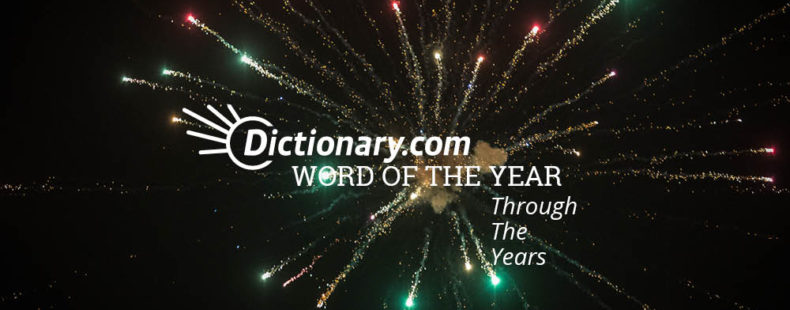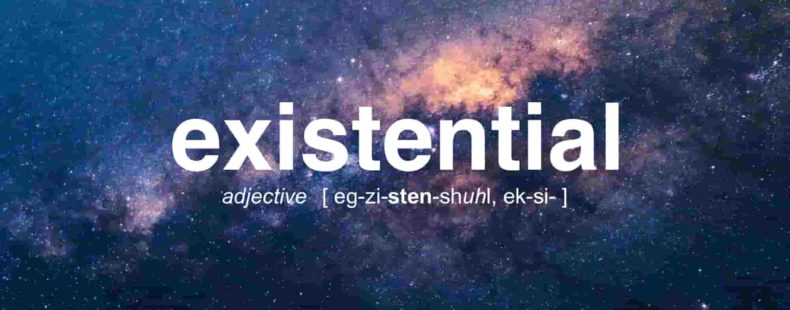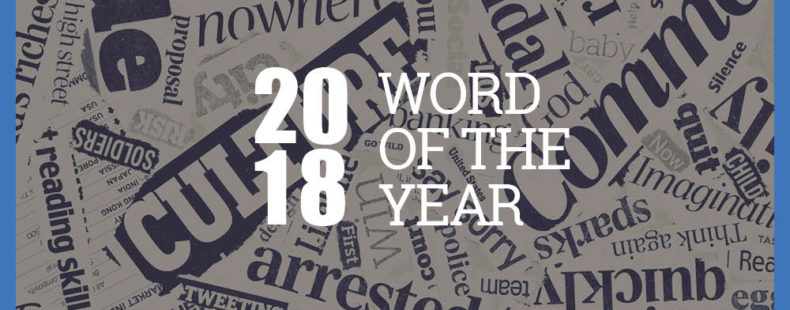Word of the Year
Our Word of the Year choice serves as a symbol of each year’s most meaningful events and lookup trends. It is an opportunity for us to reflect on the language and ideas that represented each year.
This year’s Word of the Year, however, is extra special: 2019 is not only the end of the decade, but it also marks 10 years of doing Word of the Year at Dictionary.com. To honor the occasion, take a stroll down memory lane of all of our past Word of the Year selections.
And, if you think you already know the definitions of our previous Words of the Year … take this quiz to strut your stuff:






















